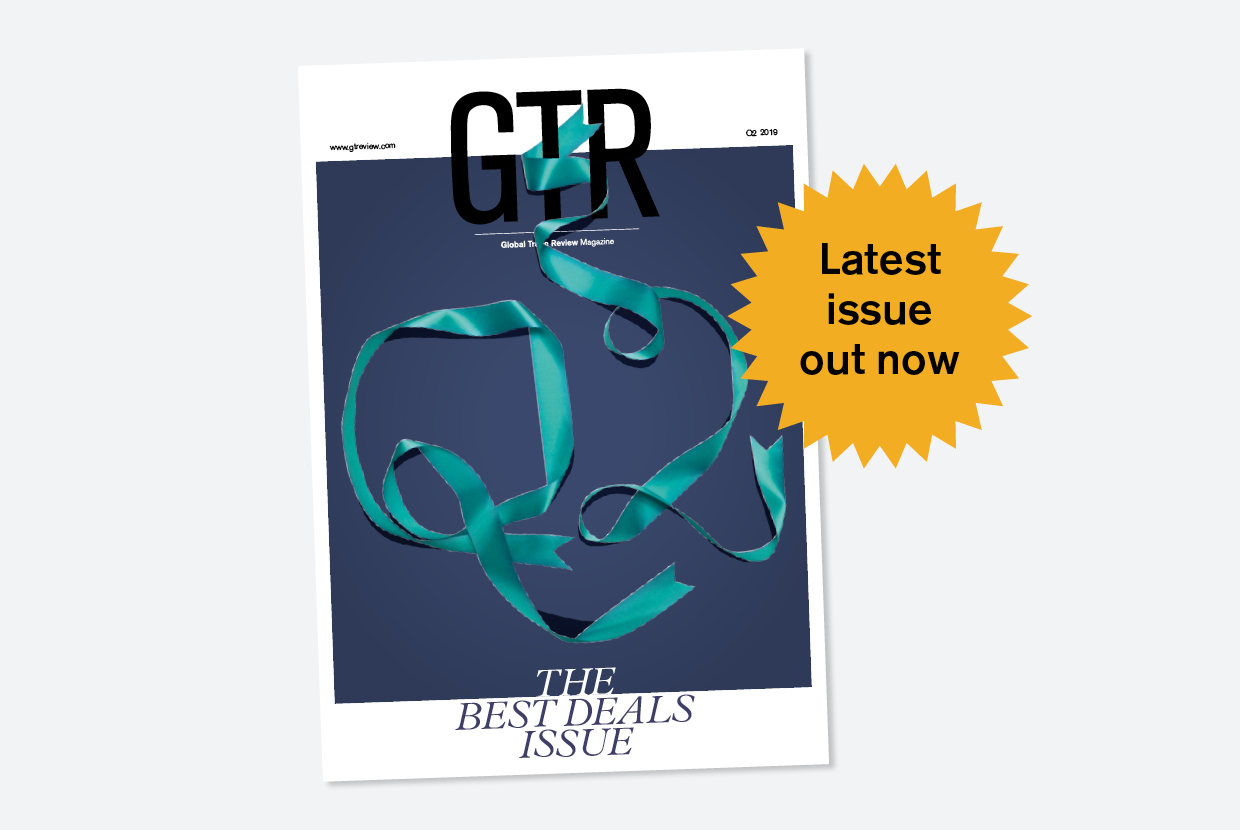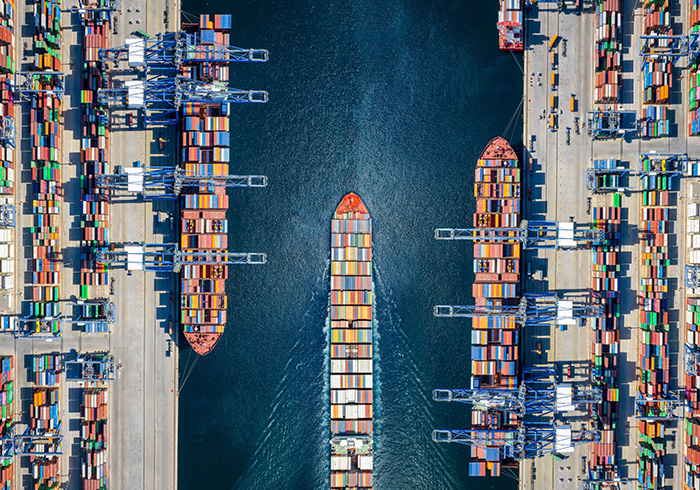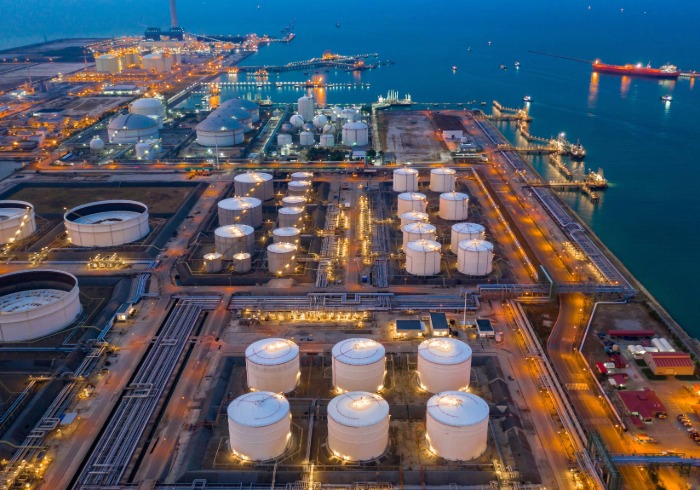The much talked about trade finance gap – the unmet demand for bank-intermediated finance for global trade – is widening. So say the findings of a recent industry survey, released just as we’re putting the finishing touches to this publication, and as GTR learns that yet another global bank that today provides prominent trade finance support across Africa is scaling back its exposure on the continent.
The survey, which was carried out by BNY Mellon with support from the ICC, quizzed global, regional and domestic banks and other market participants to help pinpoint the factors that are driving the gap and what could be done to address them. Disappointingly, it found that trade finance rejection rates have accelerated in the past year in more than one-third of institutions surveyed. The reason behind these rejection rates? Unsurprisingly, nearly three-quarters of respondents cited compliance constraints and the inability for applicants to provide quality know your customer (KYC) information as a key factor.
In evaluating potential remedies to the situation, respondents identified technology and regulatory revision. Centralising KYC databases is one technology-based solution that nearly two-thirds of survey participants said could provide the answer. It’s an interesting finding: despite a lot of activity in this space, KYC utilities have thus far struggled to gain industry-wide uptake and become an integrated part of bankers’ due diligence processes. GTR recently ran a feature describing how blockchain technology – with the efficiency and security that come with its decentralised nature – is starting to provide a viable alternative to existing solutions, and may indeed mean the end for the centralised utility.
A recent positive move in addressing the trade finance gap has come in the form of Baft’s new guidance for users of correspondent banking services, which aims to address the significant decline of inter-bank relationships. It’s seen by many as the first step for banks in decoding compliance-related requirements. It gives respondent banks the opportunity to aggregate information on the underlying reasons for being “derisked”, which they can then react to, and hopefully – over time – start to find more willing correspondents to take them on.
As a welcome demonstration of how the trade finance gap is being bridged, GTR was pleased to yet again receive a healthy number of submissions in our annual search for the Best Deals in trade, commodity, export and supply chain finance, and fintech innovation, which closed at the start of the year. This publication profiles our chosen winners – the cream of the crop of deals signed in 2018.
From the hundreds of submissions that were sent through, we selected just 12 of the very best. They include the world’s largest wind financing ever provided by a public export credit agency; a landmark financial restructuring of and consequent trade finance facilities for what was once Asia’s largest commodities trader; an incredibly well-timed “Brexit-proof” supply chain solution for a Japanese motor manufacturer; and a facility aimed at supporting and empowering women-led SME businesses in Paraguay.
Congratulations to all the winners.







